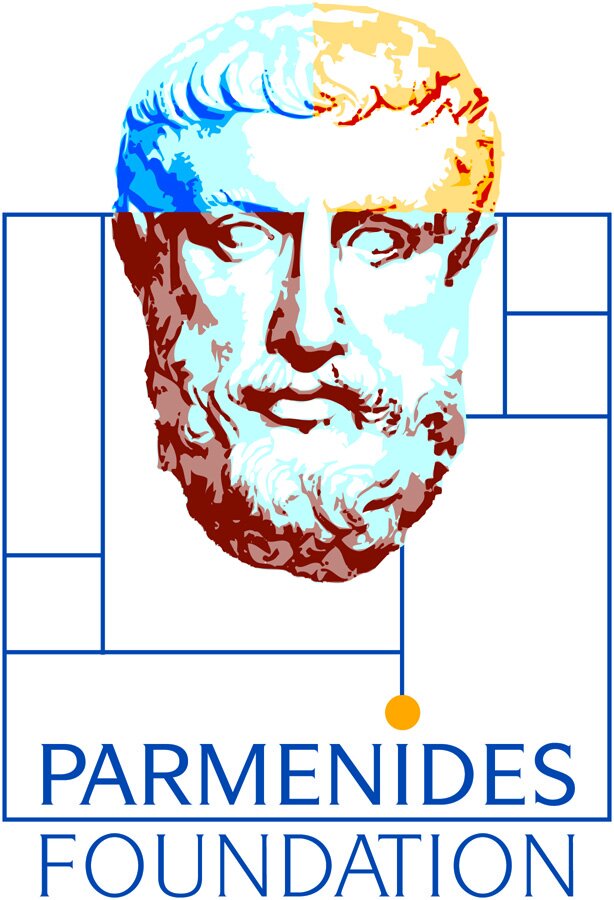Parmenides Center for the Study of Thinking
The research agenda of the Parmenides Center for the Study of Thinking (PCST) combines the conceptual study of the fundamental structures and dynamics of complex thinking operations with the exploration of the underlying neurobiological processes
Specific emphasis is given to the phenomenon of “reason” (in the sense of “Vernunft”), which is seen as an interplay between two basic modes of thinking. The first is the analytical drill-down, which leads to more and more precise distinctions. This mode, however, never brings back an appreciation of an issue in its entirety. The latter is only achieved by also drawing on a second, complementary mode of thinking that can be defined as “constellatory processing”. It is characteristic of this mode that the constituents unfold their full meaning only mutually. A smooth interplay between both modes of thinking seems to allow for “reason” – which was elegantly defined by the physicist and philosopher Carl-Friedrich von Weizsäcker as the ability to appreciate a whole as a whole (“ein Ganzes als Ganzes”).
The study of outstanding cognitive performance is another line of research that has revealed the importance of this interplay between the analytical and the constellatory mode of thinking.
The comprehensive study of complex thinking requires the collaboration of scientists from different disciplines. Our center draws on various neuroimaging techniques as well as on behavioural approaches. It has its own electroencephalography laboratory and strives to combine conceptual/philosophical thinking with empirical methods.
The long-term objective of the center is to develop a multi-layered theory of thinking that bridges the presently existing gaps between neurobiological evidence and philosophical insights.
Director of the Parmenides Center for the Study of Thinking
